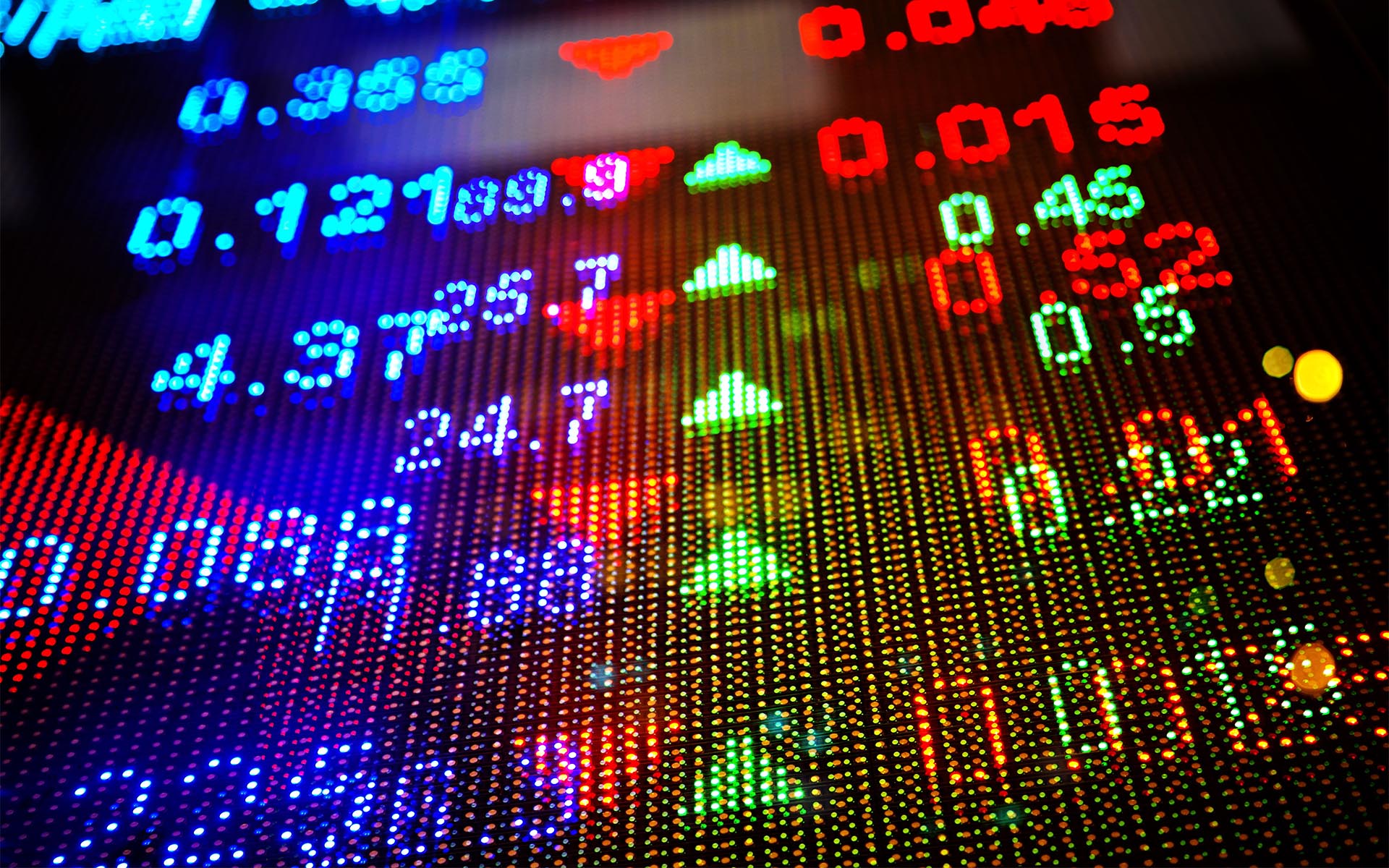Tech Giants Outshine the Market as Investment Surges and Risks Mount
07.05.2025 9:00 2 min. read Alexander Stefanov
As market uncertainty grows, America's largest tech firms are proving to be the backbone of investor confidence.
While tariff threats and global economic tension weigh on sentiment, earnings season has delivered a sharp reminder that Big Tech isn’t just surviving—it’s outperforming. Major players like Amazon, Microsoft, Google, and Meta are not only beating Wall Street expectations but also reaffirming their dominance through bold investments in artificial intelligence.
New figures from Bank of America show that the collective performance of six major tech firms (excluding Nvidia, which reports later this month) exceeded analyst forecasts by 16%, significantly outpacing the broader S&P 500, where the average beat sits at just 4%. That outperformance is helping lift the index overall, with Q1 earnings projected to come in 12% higher year-over-year.
Even a recent stumble in tech valuations—partly triggered by DeepSeek’s impact—hasn’t derailed momentum. Instead, the correction seems to have reinforced investor conviction in AI and digital infrastructure, with tech giants doubling down on capital expenditures. Meta has increased its full-year spending plans, Microsoft and Google are maintaining high investment levels, and Amazon has reported a triple-digit surge in AI-related revenues.
In total, the group of hyperscalers expanded their capex by 62% compared to last year’s Q1, with a 35% increase projected for the full year. These figures reflect more than just growth—they signal confidence at a time when many sectors are paralyzed by political ambiguity.
Yet, risks remain. Amazon is bracing for a softer second quarter, and Apple has flagged a $900 million tariff hit. Google, for now, is monitoring potential impacts. Meta, meanwhile, surprised skeptics by offering stronger-than-expected guidance, despite widespread concerns of ad market weakness.
In a climate of policy uncertainty, Big Tech’s continued investment and strong performance offer investors a rare blend of growth and perceived safety. Even with regulatory questions on the horizon, the market still sees these giants as too powerful—and too essential—to bet against.
-
1
U.S. Bank Advises Clients to Drop These Cryptocurrencies
29.06.2025 10:00 2 min. read -
2
Chinese Tech Firms Turn to Crypto for Treasury Diversification
26.06.2025 17:00 1 min. read -
3
FTX Halts Recovery Payments in 49 Countries: Here Is the List
04.07.2025 18:00 2 min. read -
4
What Are the Key Trends in European Consumer Payments for 2024?
29.06.2025 8:00 2 min. read -
5
What Brian Armstrong’s New Stats Reveal About Institutional Crypto Growth
29.06.2025 15:00 2 min. read
Here is Why Stablecoins Are Booming, According to Tether CEO
In a recent interview with Bankless, Tether CEO Paolo Ardoino shed light on the growing adoption of stablecoins like USDT, linking their rise to global economic instability and shifting generational dynamics.
U.S. Dollar Comes Onchain as GENIUS Act Ushers in Digital Era
In a statement that marks a major policy shift, U.S. Treasury Secretary Scott Bessent confirmed that blockchain technologies will play a central role in the future of American payments, with the U.S. dollar officially moving “onchain.”
JPMorgan Lawsuit Threatens Crypto Access and Open Banking Rights
JPMorgan and other major U.S. banks are under fire for a lawsuit aimed at dismantling the Consumer Financial Protection Bureau’s (CFPB) newly established “Open Banking Rule.”
Greed Holds as Market Momentum Builds: What is the Market Sentiment
The crypto market remains firmly in “Greed” territory, with CoinMarketCap’s Fear & Greed Index clocking in at 69/100 on July 19. Despite a modest 24-hour dip from 71, the index has now held above 60 for 11 consecutive days.
-
1
U.S. Bank Advises Clients to Drop These Cryptocurrencies
29.06.2025 10:00 2 min. read -
2
Chinese Tech Firms Turn to Crypto for Treasury Diversification
26.06.2025 17:00 1 min. read -
3
FTX Halts Recovery Payments in 49 Countries: Here Is the List
04.07.2025 18:00 2 min. read -
4
What Are the Key Trends in European Consumer Payments for 2024?
29.06.2025 8:00 2 min. read -
5
What Brian Armstrong’s New Stats Reveal About Institutional Crypto Growth
29.06.2025 15:00 2 min. read


